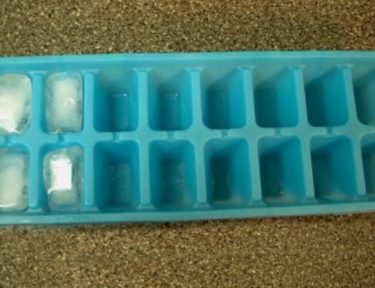Outbreaks of Hand, Foot and Mouth Disease Are Plaguing College Campuses
Many freshman feel homesick in the first few weeks of dorm life and struggle to adapt to being self-motivated. There’s no parent making sure they wake up in time for class, after all. But now, many students in universities around the country are being told not to go to class and not to leave their dorm.
Why?
An unusual outbreak of hand, foot and mouth disease has hit universities including Lehigh University, Johns Hopkins, Dartmouth, Princeton, Wesleyan University in Connecticut, West Virginia University, and Mars Hill University in North Carolina.
Dr. Roanna Kessler, medical director of the wellness center at Johns Hopkins University’s Homewood campus, said “I have never seen this before.” This campus has been hit hard by the outbreak with 129 students diagnosed so far.
Hand, foot and mouth disease usually affects young children in daycare, preschool or kindergarten. It is characterized by the unusual and unsightly blisters that show up on hands and feet, on the face and on the genitals. This is an uncomfortable disease for toddlers, but it’s even more uncomfortable for college students who pretty much decide on their own to stay in their dorms when they see the sores show up on their faces.
Besides the blisters, other symptoms include fever, sore throat, a general feeling of not being well, and a loss of appetite. Often a fever is the very first symptom.
The disease doesn’t have any specific treatment and usually runs its course in about 3-6 days. It’s best to stay away from anyone who has been infected, and for those that are infected, it’s best to wash your hands frequently. At Johns Hopkins, a spokesman said, “We are giving out disinfectant wipes at the health center to any student with symptoms of hand, foot and mouth, so they can wipe down areas that they may have touched.”
This disease usually affects young children who are in a childcare setting since they share so many things like toys and food and since diaper changes are so frequent. While it’s unusual for teens and young adults to get this disease, a dorm setting makes an easy environment for the germs to be passed around since students live in close quarters and share bathrooms and equipment.
Kessler isn’t sure why this outbreak is affecting so many college campuses this year, but she said, “We are wondering if it is a strain that people were not exposed to when they were younger.”
For more information about the outbreak and what Johns Hopkins is doing to try to prevent more students from getting sick, watch the video below.
Did you have hand, foot and mouth disease as a child?




